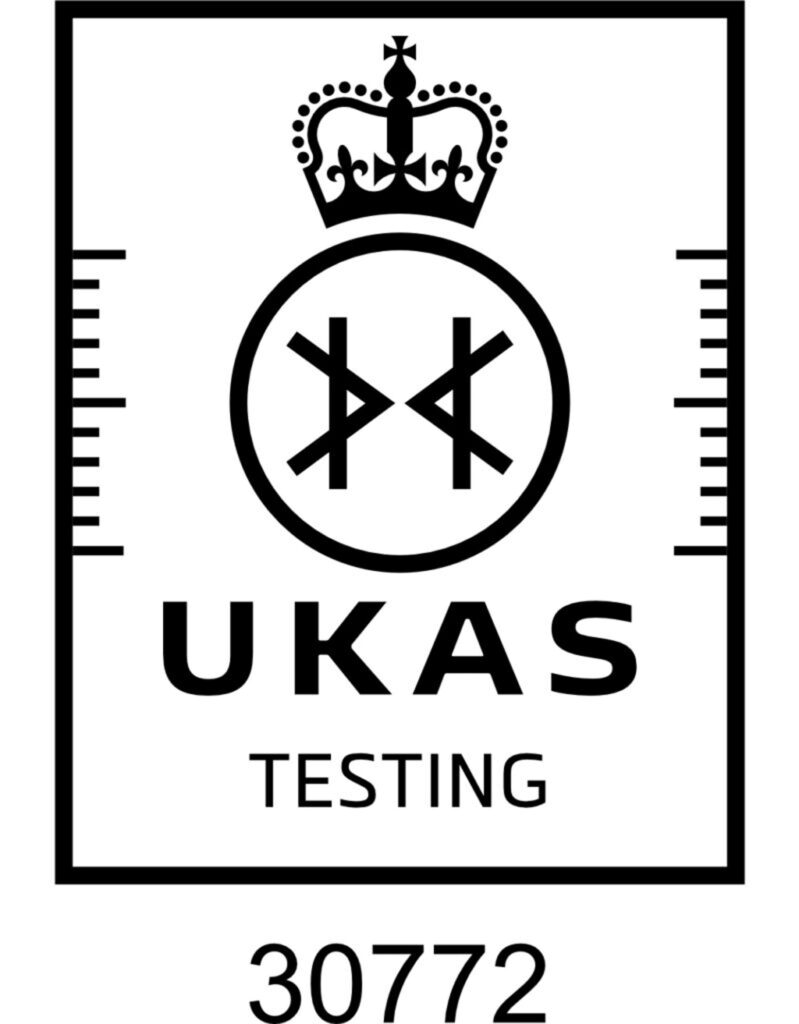
The Water-Soluble Sulphate (WS) Test determines the concentration of soluble sulphates in soil or aggregate, which is important for assessing the risk of sulphate attack on concrete in construction projects.
The Water-Soluble Sulphate (WS) Test is essential for evaluating the risk of sulphate attack and ensuring the longevity of concrete structures. Contact us for accurate and reliable testing.

AMTEST UK Ltd delivers top-tier services to civil engineering and infrastructure clients across the UK, backed by expert in-house concrete consultants.
Unit A 2D/6, Project Park, North Crescent, London E16 4TQ
The Water-Soluble Sulphate (WS) Test determines the concentration of soluble sulphates in soil or aggregate, which is important for assessing the risk of sulphate attack on concrete in construction projects.
The Water-Soluble Sulphate (WS) Test is essential for evaluating the risk of sulphate attack and ensuring the longevity of concrete structures. Contact us for accurate and reliable testing.